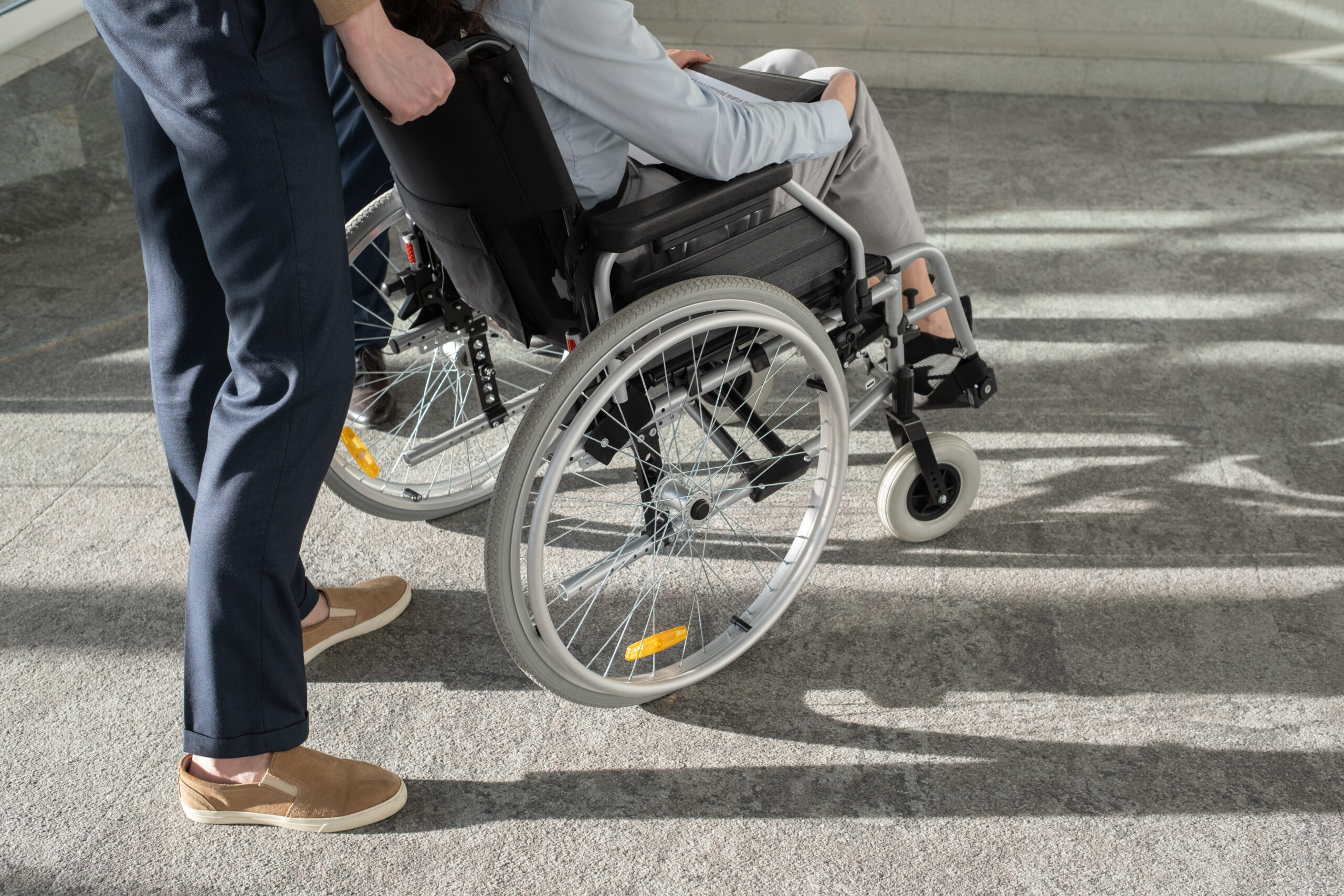Disability Pension
Personalized Service For Disability Pension

Accidental Disability Retirement (ADR), also known as ¾ Disability Pension, is a benefit offered to members of the New York City Employees’ Retirement System (NYCERS). City employees, who become disabled in the performance of duty may be eligible for ADR benefits, regardless of the amount of service credit they have.
More About New York DISABILITY PENSION Claims
What Are ADR Benefits?
If approved for ADR benefits, you receive a lifetime pension equivalent to three-quarters (75 percent) of your final average salary (FAS). In general, a worker’s FAS is a three-year average of wages earned. These benefits are typically not subject to New York State, local, or federal income taxes.
In addition to a ¾ pension, you get annuity payments provided by annuity savings contributions you may have made to NYCERS while a member.
Recipients have different options for how they wish to receive their retirement benefit. For example, you can choose to receive the maximum benefit payable to you for the rest of your life or accept a lower monthly benefit that transfers to a beneficiary when you die.
Am I Eligible for ADR Benefits?
Despite not having a minimum service requirement, ¾ Disability Pensions have strict eligibility criteria, including:
- You must be permanently incapacitated and unable to perform your job due to a “natural and proximate result” of an accidental injury sustained in City service.
- The accident must not have been caused by your own “willful negligence.”
- You must have filed a written notice of the accident with NYCERS within 90 days of the accident, or with your employer within 30 days of the accident.
Although these requirements may sound straightforward, in practice, eligibility can be complicated.
The courts have defined the term accident as a “sudden, fortuitous mischance, unexpected, out of the ordinary, and injurious in impact.” Based on this narrow definition, not every line of duty injury results in accidental disability retirement benefits.
The “in service” requirement can be met in several ways. Being on the payroll when the disabling accident occurred is the standard way, but an employee who is on an authorized medical leave of absence, or off the payroll but receiving workers’ compensation or other employer-funded benefits for up to two years since last being paid on the payroll, can also be considered “in service.”
Accident disability applicants who are eligible for Workers’ Compensation benefits must file for them. Three-quarters pensions are reduced by 100% of any workers’ comp payments you receive, but they are unaffected by any Social Security payments.
How Can a Lawyer Help With My Accident Disability Retirement Claim?
To qualify for a disability pension, you must prove that you are physically or mentally incapacitated and unable to perform your job duties. An application for disability retirement benefits must include the following forms:
- Application for Accident Disability Retirement
- Applicant's Personal Report of Disability
- Physician's Report of Disability
- General Authorization For Medical Information
- Disability Questionnaire
This application is dozens of pages long and asks for detailed information such as the names of all hospitals, medical groups, and physicians that have treated you for your disabling condition, hospitalization information, and all medical evidence supporting your claim.
Once this information is received, you then must appear before the Medical Board for an examination. On top of that, you may need to prove that you suffered a job-related "accident,” which has a very specific meaning in the context of NYCERS disability benefits.
The NYCERS Board of Trustees has the final say on whether you will receive a disability pension. Even if the Medical Board determines that you are disabled, the Board of Trustees could deny your claim due to an accident/causality issue. A denied claim can be appealed at several levels, including at the state's highest court, the New York State Court of Appeals.
No matter how much red tape and bureaucratic language you may be accustomed to as a City employee, you may still find it difficult to navigate the disability pension program. However, our lawyers have filed thousands of applications for NYCER disability pensions.
Aronova & Associates proudly represents New York City employees before NYCERS in their applications for accident disability retirement benefits. We can procure all relevant medical records, answer correspondence with NYCERS, accompany you to your Medical Board Examination, advise you on all questions the Medical Board or Board of Trustees may ask, and appeal a denied claim.
It is your right to have an attorney file an application for accidental disability retirement on your behalf. NYCER members who are approved for ADR benefits may also qualify for benefits under a federal program. Our office represents members applying for benefits under this program, as well as those required to apply for workers’ compensation benefits.
With our expertise in NYCERS Disability Pension application process, Workers' Compensation law, and Social Security Disability applications, Aronova & Associates can identify all the benefits programs for which you are eligible and maximize your disability payments.
Talk to a Disability Pension Attorney
An on-the-job accident can do more than cause you to miss work for a period of time. It could result in a disability that makes it impossible to work again and forces you to retire. You don’t have to go through this alone. Aronova & Associates can help.
Contact Aronova
Request a Call
Contact Main Form
Contact Us
Ready to Work For You
Aronova & Associates is a firm for all New Yorkers. Our services are available in multiple languages and tailored to the needs of every client. The first step in providing you with the help you need is a free consultation to discuss your case. When you’re ready to talk, we’re ready to get to work for you.
Hours
Mon - Fri 9 AM to 6 PM
Disclaimer: The submission of our contact form does not form an attorney-client relationship. You may not rely upon this information as legal advice.
